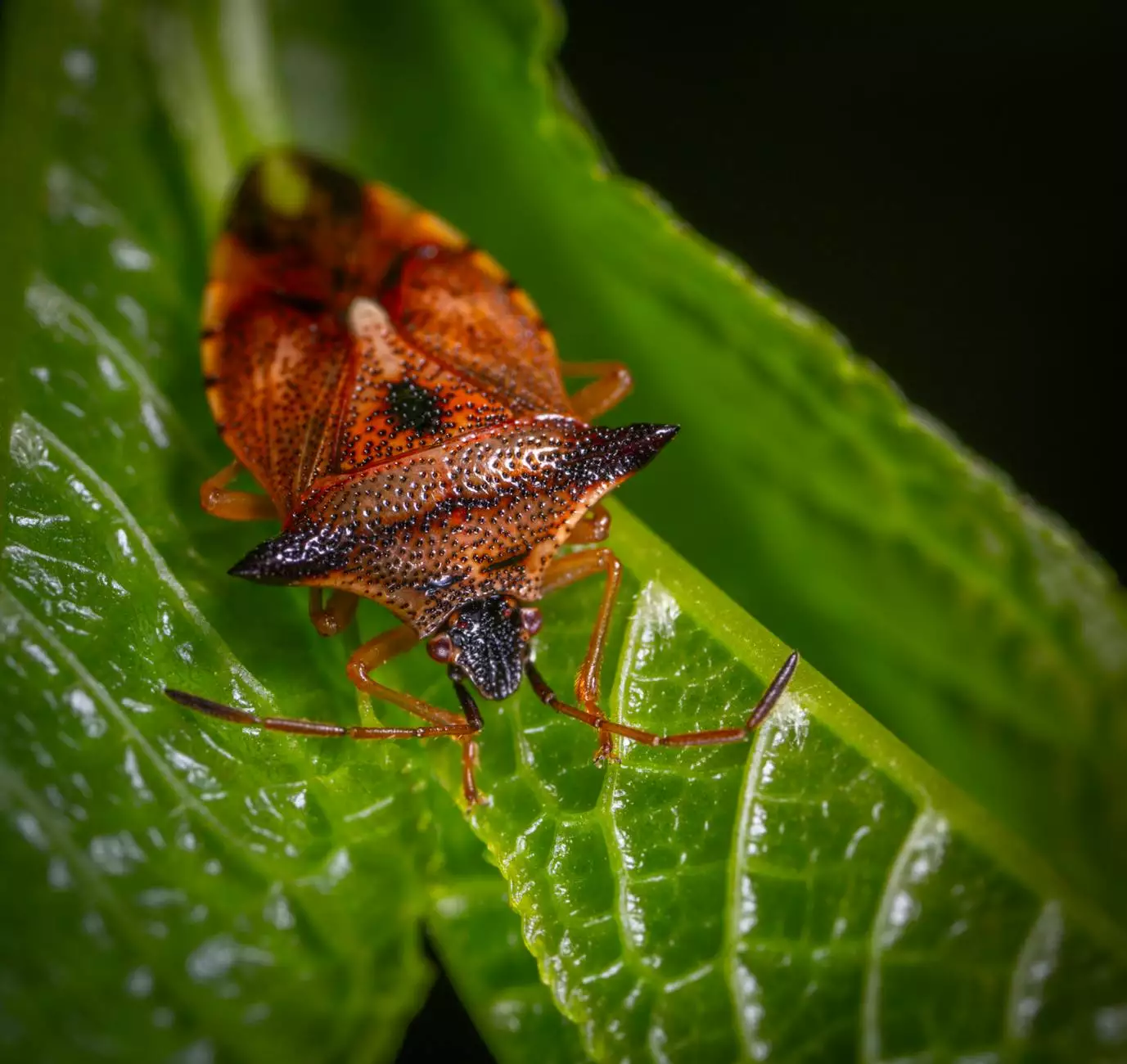Discover Exotic Animals Online: Your Gateway to Unique Companions

The fascination with exotic animals has captured the hearts of many enthusiasts and potential pet owners. In today’s digital age, acquiring an exotic pet has become more accessible than ever—thanks to the abundance of resources available online. This article delves into the exciting realm of exotic animals online, focusing on pet adoption, pet stores, and breeders dedicated to these unique creatures. Whether you are contemplating adding an exotic pet to your family or simply wish to explore the options available, this guide will provide comprehensive information to help you make informed decisions.
The Allure of Exotic Animals
Exotic animals bring a touch of the wild into our domesticated lives. From colorful parrots to sleek reptiles, their diversity is astounding. Here are some reasons behind their rising popularity:
- Unique Companionship: Exotic animals offer companionship that differs significantly from traditional pets like dogs and cats.
- Educational Value: Owning an exotic pet can be an educational experience, promoting learning about different species and their habitats.
- Aesthetic Appeal: Many exotic pets are visually stunning and can enhance the beauty of your home.
- Conversation Starters: Unusual pets are excellent icebreakers in social situations, sparking conversations about their unique care and characteristics.
Pet Adoption: Finding Your Perfect Exotic Companion
When considering adopting an exotic animal, the first step is understanding what options are available. Many organizations and shelters specialize in the adoption of exotic animals online. Here’s how to navigate the adoption process:
1. Research Available Species
Before diving into the adoption process, it’s crucial to research various species. Each exotic animal comes with its own set of needs, behaviors, and care requirements. Some popular options include:
- Parrots: Known for their intelligence and vocal abilities.
- Ferrets: Playful and social animals that thrive in pairs.
- Reptiles (like iguanas and snakes): Low maintenance but require specific habitats.
- Rabbits: Soft, cuddly, and can be litter-trained.
2. Find Reliable Adoption Agencies
Once you’ve narrowed down the species, finding a reputable adoption agency or organization is vital. Websites like ranchofexoticbreed.com offer resources for adopting various exotic pets. Ensure that the organization follows ethical practices and provides proper care for the animals they house.
3. Prepare for Your New Pet
Before bringing an exotic animal home, it’s essential to prepare your living environment. Here are some considerations:
- Habitat Setup: Create a suitable living space, considering the animal's natural habitat.
- Dietary Needs: Understand their dietary requirements and source the necessary food.
- Health Check: Schedule a vet visit to ensure a healthy start for your new companion.
Pet Stores: Your Retail Resource for Exotic Animals
Pet stores remain a popular option for acquiring exotic animals. However, it’s important to choose stores that prioritize the well-being of their animals. Here’s how to choose the right pet store:
1. Reputation Matters
Look for pet stores with a solid reputation. Read reviews, ask other pet owners for recommendations, and check if the store has proper licensing. A reputable store will provide healthy animals and valuable care information.
2. Staff Knowledge
Good pet stores employ knowledgeable staff who can offer insightful advice on caring for exotic pets. Engage with the staff to gauge their expertise and willingness to help. They should provide guidance on:
- Species-Specific Needs: From habitat requirements to socialization tips.
- Behavioral Guidance: Understanding common behaviors and how to manage them.
- Health Precautions: Information on vaccinations and regular health checks.
3. Ethical Sourcing
Ensure that the pet store sources its animals ethically. Responsible pet stores follow strict guidelines to ensure animals are bred in humane conditions. Avoid stores that offer wild-caught animals, as this practice is often detrimental to wildlife populations and habitats.
Pet Breeders: Finding Trusted Professionals
When looking for a specific breed of exotic animal, reputable breeders are the way to go. Here’s how to identify trustworthy pet breeders:
1. Look for Certifications
Always seek breeders who are certified and recognized by relevant associations. This adds a level of assurance that they follow established practices that prioritize the health and happiness of their animals.
2. Visit the Breeding Facility
Whenever possible, visit the facility. A responsible breeder will welcome potential adopters and show you around. Pay attention to the cleanliness and conditions of the breeding space, ensuring it’s a safe, healthy environment.
3. Ask Questions
Inquire about the breeder's practices, including:
- Care for Animals: Their diet, health care, and socialization practices.
- Genetic Health: Request information about the genetic health of the animals.
- Post-Adoption Support: Reliable breeders often provide support after you take your pet home.
How to Care for Exotic Animals
Proper care is paramount when owning exotic animals. Each type of exotic pet has unique needs and requirements. Here are key aspects of care to consider:
1. Habitat Setup
Creating a safe and suitable habitat is crucial for your pet's well-being. Make sure to:
- Provide Space: Ensure your pet has enough room to move and explore.
- Temperature Control: Maintain appropriate temperatures as some exotic pets require specific heat levels.
- Toys and Enrichment: Keep your pet mentally stimulated with toys and interaction.
2. Nutrition
Feeding your exotic pet correctly is vital. Research and provide a balanced diet that meets their specific nutritional requirements. Many exotic pets need specialized diets, such as insects for reptiles or pellets for certain birds.
3. Regular Vet Check-Ups
Just like any pet, exotic animals require regular veterinary care. Find a vet experienced with exotic animals to ensure proper treatment and check-ups.
Legal Considerations for Exotic Pet Ownership
Owning exotic animals often comes with legal responsibilities. It’s essential to check local laws and regulations regarding the ownership of exotic pets. Some species may require permits or have restrictions on ownership.
1. Research Regulations
Before acquiring an exotic animal, check with local authorities regarding permissible species. State and city laws can vary significantly regarding exotic pet ownership.
2. Ensure Compliance
Staying compliant with local laws not only protects you legally but also ensures the welfare of the animals. Non-compliance can lead to serious consequences, including confiscation of the animal and fines.
Conclusion
The world of exotic animals online is vast and filled with opportunities for pet enthusiasts. Whether through adoption, responsible purchasing from pet stores, or acquiring from ethical breeders, potential exotic pet owners have many options. However, with ownership comes responsibility. Ensuring proper care, understanding their needs, and complying with legal regulations should be at the forefront of any exotic pet ownership journey.
At ranchofexoticbreed.com, we encourage passion for unique pets while promoting responsible ownership. By educating yourself and taking proactive steps, you can enjoy the incredible experience of being a companion to an exotic animal, enhancing both your life and your pet's.









